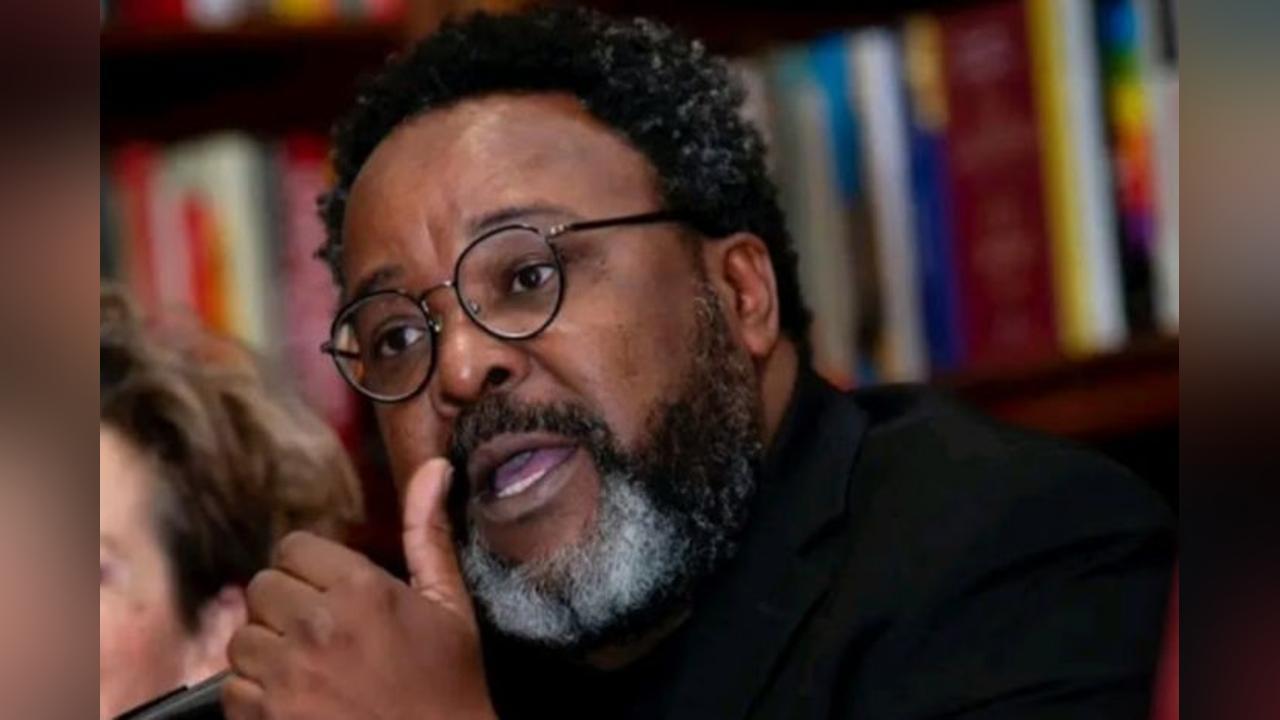
Africa-Press – Angola. The second secretary for economic affairs at the Angolan Embassy in Washington, a former Angolan journalist, João de Almeida, says he watched with great interest the interview with the Minister of State and the Civil Household of the President of the Republic, Adão de Almeida, given to TPA, whose debate that arose around the interview was related to two points. “The communication format that is the responsibility of the media and the topic itself”.
According to the Institutional Communications professional, in the context of political communication, the way in which public debate on issues of national interest is structured must observe principles of pluralism, transparency and editorial responsibility. “The recent interview given to Angolan Public Television (TPA) generated intense reactions, because, and above all, due to the lack of immediate contradiction regarding the issue of changes to the Electoral Law”, he observed.
However, he stressed, it is important to clearly distinguish the roles of the actors involved: on the one hand, the role of the political leader who agrees to provide public clarifications on a sensitive topic of great national interest; on the other, the role of the media outlet, which holds editorial power and defines the format of its broadcasts.
In his opinion, it is not up to the interviewee, in this case the Minister of State, to impose the editorial conditions of an interview. The decision to conduct a unilateral format, a studio interview without a counterpoint, is up to TPA, as the editorially responsible entity. In this sense, any lack of immediate pluralism in the debate should not be blamed on the Minister of State, whose institutional function, moreover, requires regular accountability to public opinion.
From a technical point of view of political communication, he also explained that the presence of the Minister of State on a public channel to explain structural measures can be understood as an exercise in accountability, especially when it involves a matter of high democratic sensitivity, such as electoral law. The absence of contradiction does not, in itself, compromise the legitimacy of the communication act, as long as the medium promotes, at a later stage, space for plural debate and critical analysis.
“The criticism, legitimate and necessary, should not be directed at the Minister of State. But it is as a friend of mine in Lisbon said. The debate has stopped being technical and has become political”, he said.
João de Almeida is a specialist in institutional communication and has a degree in finance. He was a consultant for the MPLA parliamentary group, after ending his relationship with Rádio MFM, where he moderated the “Conversas Entrecruzadas” debates on Saturdays.João de Almeida defends Minister of State and points to TPA for lack of contradiction in the Big Interview
The second secretary for economic affairs at the Angolan Embassy in Washington, a former Angolan journalist, João de Almeida, says he watched with great interest the interview with the Minister of State and the Civil Household of the President of the Republic, Adão de Almeida, given to TPA, whose debate that arose around the interview was related to two points. “The communication format that is the responsibility of the media and the topic itself”.
According to the Institutional Communications professional, in the context of political communication, the way in which public debate on issues of national interest is structured must observe principles of pluralism, transparency and editorial responsibility. “The recent interview given to Angolan Public Television (TPA) generated intense reactions, because, and above all, due to the lack of immediate contradiction regarding the issue of changes to the Electoral Law”, he observed.
However, he stressed, it is important to clearly distinguish the roles of the actors involved: on the one hand, the role of the political leader who agrees to provide public clarifications on a sensitive topic of great national interest; on the other, the role of the media outlet, which holds editorial power and defines the format of its broadcasts.
In his opinion, it is not up to the interviewee, in this case the Minister of State, to impose the editorial conditions of an interview. The decision to conduct a unilateral format, a studio interview without a counterpoint, is up to TPA, as the editorially responsible entity. In this sense, any lack of immediate pluralism in the debate should not be blamed on the Minister of State, whose institutional function, moreover, requires regular accountability to public opinion.
From a technical point of view of political communication, he also explained that the presence of the Minister of State on a public channel to explain structural measures can be understood as an exercise in accountability, especially when it involves a matter of high democratic sensitivity, such as electoral law. The absence of contradiction does not, in itself, compromise the legitimacy of the communication act, as long as the medium promotes, at a later stage, space for plural debate and critical analysis.
“The criticism, legitimate and necessary, should not be directed at the Minister of State. But it is as a friend of mine in Lisbon said. The debate has stopped being technical and has become political”, he said.
João de Almeida is a specialist in institutional communication and has a degree in finance. He was a consultant for the MPLA parliamentary group, after ending his relationship with Rádio MFM, where he moderated the “Conversas Entrecruzadas” debates on Saturdays.
angola24
For More News And Analysis About Angola Follow Africa-Press





